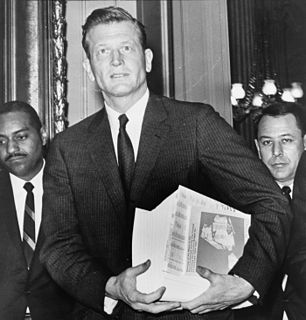A Quote by Michael Shellenberger
The only countries that have successfully moved from fossil fuels to low-carbon power have done so with the help of nuclear energy.
Related Quotes
Sure, you can say nuclear power is somewhat less carbon-intensive than burning fossil fuels for energy; beating your children to death with a club will prevent them from getting hit by a car. Ravaging the Earth by one irreparable means is not a sensible way to prevent it from being destroyed by another. There are alternatives. We should choose them and use them.
I know we need more nuclear power in order - nuclear power, after all, is not dependent on fossil fuels and emits no greenhouse gases. I believe we're going to be able to have coal-fired plants that have zero emissions. We need to work on carbon sequestration technologies. I mean, there's a lot we can do together and achieve the objective, which a lot of people want, which is the reduction of greenhouse gases, and at the same time, have viable economic growth.
We have been developing an ever closer relationship with China on climate change for many years which has led to collaboration on carbon trading, offshore wind development, on low-carbon buildings, on nuclear energy, and on carbon capture and storage - to name just some of the ways in which we're working together.
































